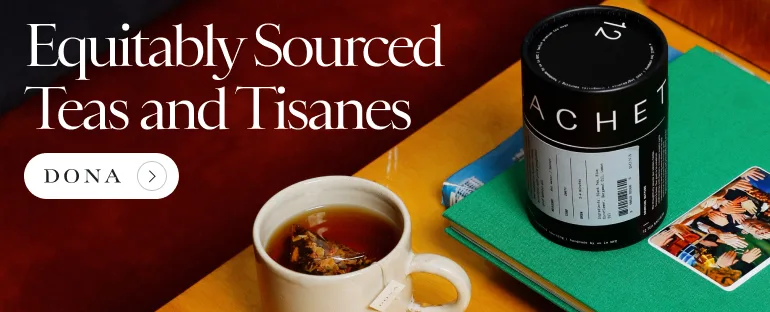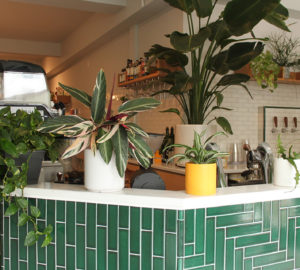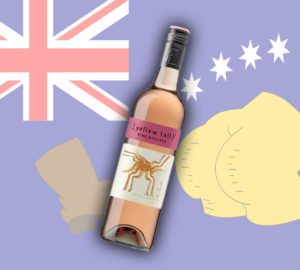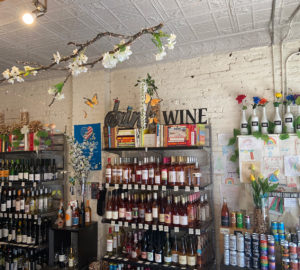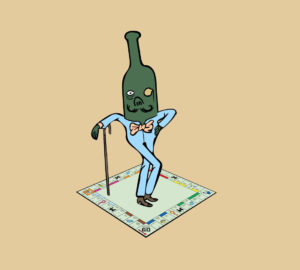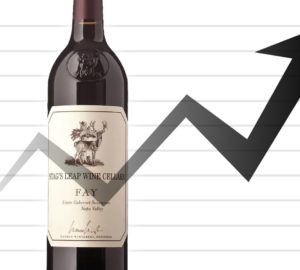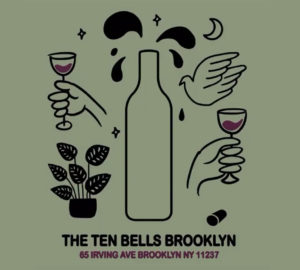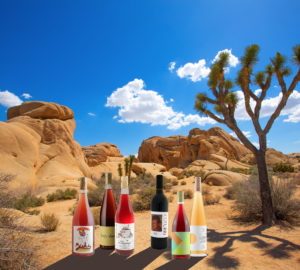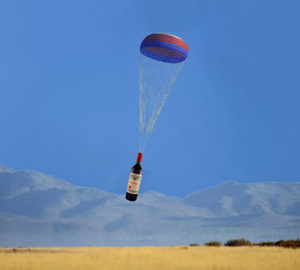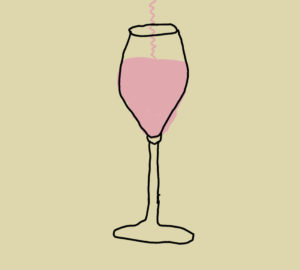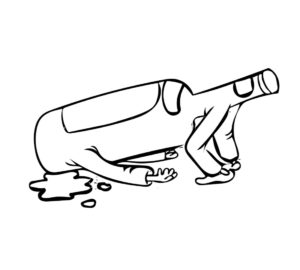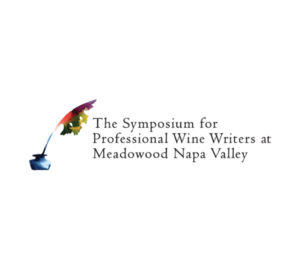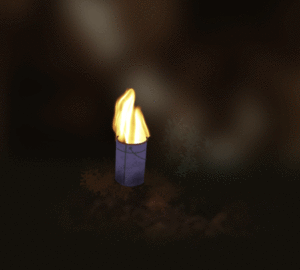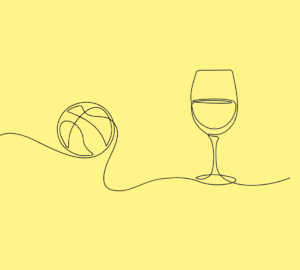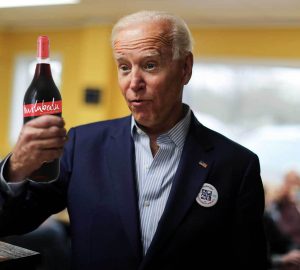Back in October, we touched on winery owner and current United States President Trump’s looming 25 percent wine tariffs—a move that inexplicably focused on imposing hefty taxes on EU wines, agricultural, and industrial products, despite originally stemming from a dispute over aircraft corporation Airbus’ illegal subsidies and France’s technology taxes against American companies such as Google and Facebook. Since then, the United States Trade Representative has announced that it’s considering increasing those tolls up to 100 percent.
If you’re confused as to why the U.S. would slap tariffs on imported wine over unrelated issues, we can empathize. To help make sense (or not) of the whole dumpster fire, we’ve compiled a few of the articles we’ve been reading in order to stay up-to-date.
French Wine Could Face 100% Tariffs as Trump Confronts France Over Tech Taxes By Jim Tankersley and Ana Swanson for The New York Times, Dec. 2, 2019.
The New York Times illustrates the basics of the back-and-forth between Europe and the United States, confirming that “Trump administration said […] that a new French tax that hit American technology companies discriminated against the United States, a declaration that could lead to retaliatory tariffs as high as 100 percent on French wines.”
Wine industry faces dramatic and ‘calamitous’ impact with Trump administration’s proposed tariffs By Jordan Michelman for the Los Angeles Times, Jan 4, 2020.
Sprudge’s own co-founder and editor Jordan Michelman talked with a few of the industry experts who will be directly affected in the Los Angeles Times. Rather upsettingly, Erin Sylvester of Sylvester/Rovine Selections says, “The fact that I could lose my business due to an arbitrary government decision and not due to my own failures is both maddening and heartbreaking.”
Wine Business Fears a Possible Disaster in Potential Trump Tariffs By Eric Asimov for The New York Times, Jan. 6, 2020.
What happens to the beverage and hospitality industry when tariffs up to 100 percent are put into effect? According to the Times, it will affect “an entire chain of businesses built around the acquisition and sale of European wines and foods.” Notably, it’ll threaten the jobs of distributors, retail shop clerks, entire restaurant staffs, dock labors, and forklift drivers.
What Would 100 Percent Tariffs Mean for You? By Mitch Frank for Wine Spectator, Jan. 7, 2020.
And then what happens to wine consumers in this situation? Prices could double, for one, but that’s only if you’re able to find the products in the first place. “’It’s not a matter of a bottle of Veuve Clicquot Yellow Label was $50 and now it will be $100,’ says Chris Adams, president of New York retailer Sherry-Lehmann. ‘No. It just won’t be here.’”
The Insanity of Trump’s Wine Tariffs By Jenny Lefcourt for The New York Times, Jan. 4, 2020.
Jenny Lefcourt, natural wine importer and president and co-founder of Jenny & Francois Selections speaks from experience when she says, ”Some of the winemakers in our portfolio are among the most sought after in the world, with limited capacity to expand. If they cannot sell to the United States, they will gladly go to China or Russia—and if the tariffs ever go back down, we could find ourselves at the back of the line.”
The U.S. is threatening European wineries with new tariffs. But Bay Area businesses would suffer By Esther Mobley for the San Francisco Chronicle, Jan. 7, 2020.
California and wine go hand in hand, but Ester Mobley of the San Francisco Chronicle argues that the political move would hurt wine country, not boost it, as American wineries who wish to sell their product in restaurants or wine shops are still legally required to sell through distributors whose businesses would be dramatically disrupted by such price instabilities. In a quote from Jason Haas, general manager of Tablas Creek Vineyards in Paso Robles, “It’s not a clear win for domestic wineries, and for smaller boutique wineries like us, it’s more likely to be a loss than a win.”
France vows to retaliate against latest Trump tariffs on wine and cheese By Gina Heeb for Business Insider, Jan. 6, 2020.
France’s finance minister, Bruno Le Maire, none too pleased to be quelled, told Frech radio station France Inter that, “if the Americans decide to go ahead and impose sanctions against the digital tax, we would retaliate.”
How Tariffs Could Devastate the Wine World By Lettie Teague for Wall Street Journal, January 8th, 2020
Longstanding WSJ wine journalist Lettie Teague weighs in with her take on the take on the sitch, framing the question with a dagger lede: “What if your favorite Prosecco suddenly shot up to $30 a bottle, your weeknight Côtes du Rhône doubled in price or that biodynamic Beaujolais you favor disappeared altogether, along with just about every reasonably priced natural wine?”
Why 2020 Is Looking Dangerous for Wine Lovers By Ray Isle for Food and Wine, Jan. 2, 2020.
New year, same bullshit. But Ray Isle at Food and Wine offers a few solutions aside from throwing one’s hands up and sulking. He suggests emailing your representative and commenting at the U.S. Trade Representative’s site.
Proposed tariffs could send some European wine prices out of reach Dave McIntyre for The Washington Post, Dec. 27, 2019.
And finally, a very simple quote from Jason Haas, of Tablas Creek Vineyards sums the conversation up: “Increased costs and decreased selection.”
Laura Jaye Cramer is a freelance writer based in California and has written for SF Weekly, GOOD, and PAPER Magazine. Read more Laura Jaye Cramer for Sprudge Wine.













